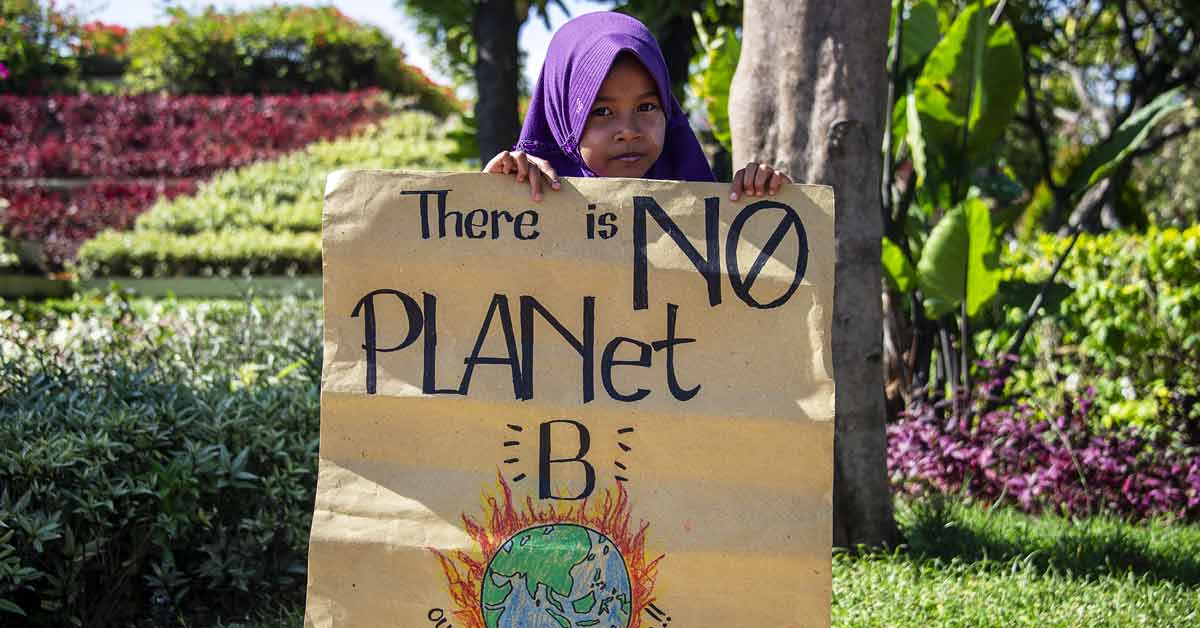Uber's success as a breaker of the rigidity of conventional modes of transportation is the beginning of the disruption era in the world. At the same time, economic disruption through digitalization can be said to be successful, marked by conventional businesses that are overwhelmed and eventually go out of business.
Clayton Christensen, a business administration expert from Harvard University who is also the originator of the disruption theory, says that disruption replaces old markets, industries, and technologies, by generating new markets that are more efficient and comprehensive. This is because according to Christensen, disruption is both destructive and creative. It is undeniable that disruption has significantly changed people's behavior in enjoying the economy.
However, the entry of the world in this era of disruption is too narrow to be seen only because of the increasingly rapid development of technology. The reason is, factors other than technology can also trigger the birth of disruption as long as they can answer the needs of the community. This is because, in my opinion, disruption itself is a fundamental change that is certainly rooted (radical) in an old habit that makes it transform into an innovation that society needs. Again, the real power lies in society itself.
One of the factors that I think will create global disruption besides technology is environmental or ecological factors. Why is that?
Ecological Factor
If the issue of price and efficiency becomes one of the components of economic disruption because it has succeeded in spoiling the community, then the disruption that occurs due to environmental factors or can be called “ecological disruption” is caused by the urgent need for sustainable development and quality of the environment.
The increasingly worrying environmental crisis will eventually shape public awareness so that the demand for a sustainable system becomes a necessity. As a result, ecological disruption will find a positive trend in the future.
Referring back to the definition of disruption, if economic disruption is defined as a disruption that fundamentally undermines conventional markets to change all systems, arrangements, and landscapes with new, more innovative things, then simply ecological disruption can be interpreted as a disruption to the conventional pattern of habits that tend to exploit the environment towards habits that do not leave a trace of damage to the environment.
It is well known that industrialization or economic production processes that have been implemented so far have always caused bad externalities to the environment. In fact, the increasingly worrying economic externalities, especially related to the environmental crisis, have forced the world to begin to be pressed and forced to transform to a sustainable economy.
However, not as happy as economic disruption, the rejection of the presence of ecological disruption through clean energy, green economy, development without damaging the environment, and many other things, is still very strong due to the political economy interests of oligarchs.
As long as people still do not recognize that the application of green economy, clean energy, and many other things is more profitable and efficient than conventional economics such as extractive economics, this disruption will bounce. On the other hand, this disruption will be accepted when economically potential ecological innovations are present in the community.
Stemming Externalities
The main purpose of ecological disruption is to stem the externalities of economic activity. These externalities tend to be interpreted as costs or impacts that must be borne from economic activity or more accurately referred to as market failures.
Regarding externalities, Nicholas Herbert Stern, an economist who is also a former adviser to the British government in the field of climate change economics, said that the worst externality that humanity has ever experienced is the climate crisis.
The climate crisis has become a ticking time bomb that can explode at any time so that its impact is not only on the environment, health but also on the economy. This is the greatest threat to mankind today.
To overcome these externalities, ecological disruption is a necessity.
In my opinion, this disruption can be realized through several innovative initiatives. First, the mindset of environmental sustainability. Everyone should be aware that old habits that tend to damage the environment are no longer relevant, so replace them with new habits that are environmentally friendly. This of course can be started from small things, such as consuming products that guarantee environmental sustainability to implementing energy-saving behavior and even starting to switch to clean energy or renewable energy.
Second, developing a sustainable business model through corporate share value (CSV). The application of a sustainable business model is a step that must be taken to realize ecological disruption. However, developing a sustainable business is not as easy as turning the palm. As long as business actors do not believe that the implementation of an eco-based business is more economically profitable, then CSV will never be realized. Not only that, if the implementation of corporate social responsibility (CSR) is still considered a burden other than taxes, then it seems impossible to implement CSV.
The most efficient implementation of CSV is to build a new business (really from scratch) like a startup business. Meanwhile, applying CSV to the conventional sector requires a strong green commitment and a more mature understanding of the green economy.
In this case, the government and many parties must support it with appropriate regulations to spur the application of CSV as a way to realize ecological disruption.
Third, proper and sustainable regulation. The government and stakeholders have a central role in the birth of ecological disruption. In this context, proper regulation can be a stimulus to spur ecological disruption into a community need. Examples of appropriate regulations to stimulate such disruption can be in the form of levies on carbon emissions or carbon taxes, plastic excise, low-carbon development plans, and even a palm oil moratorium can be said to be the right regulation.

